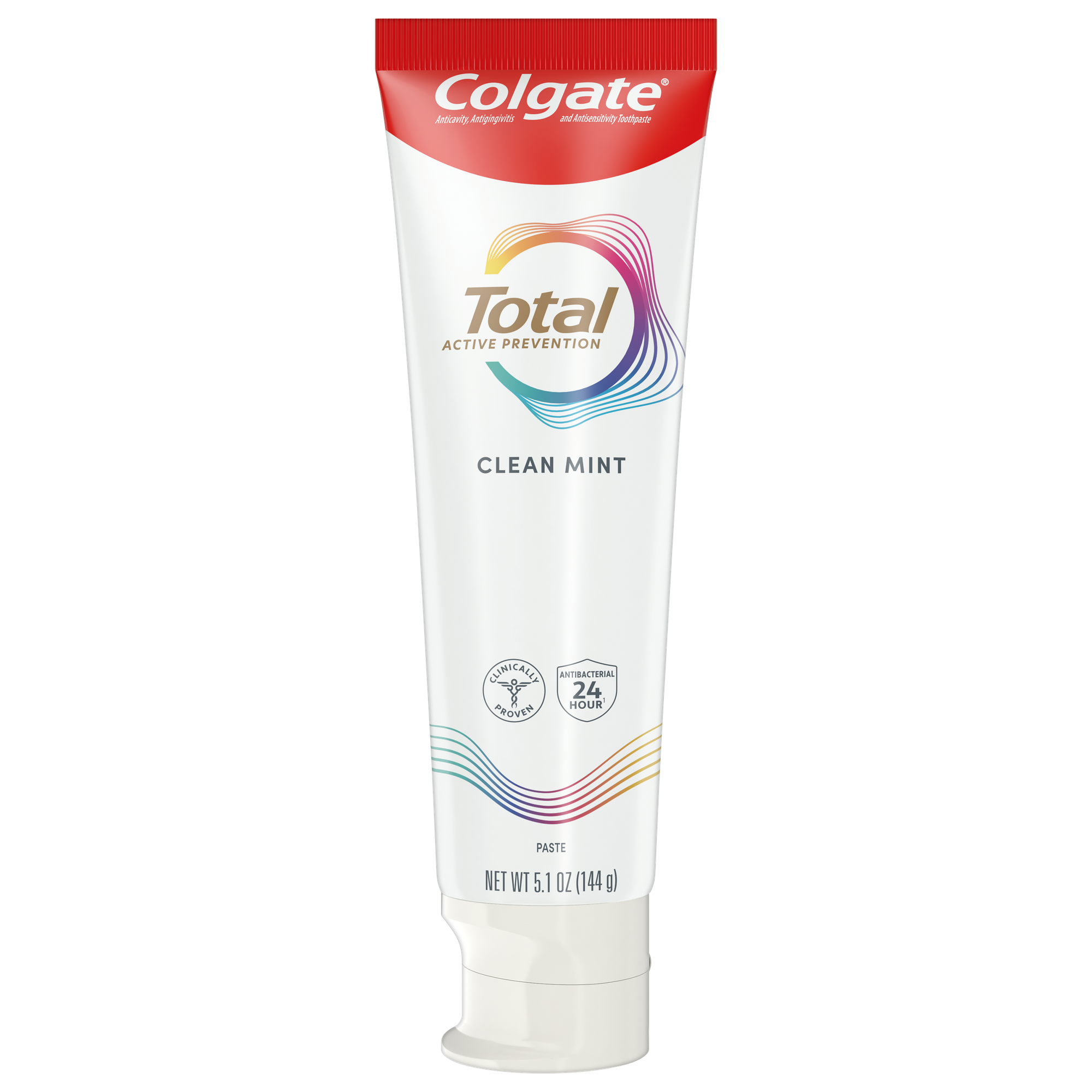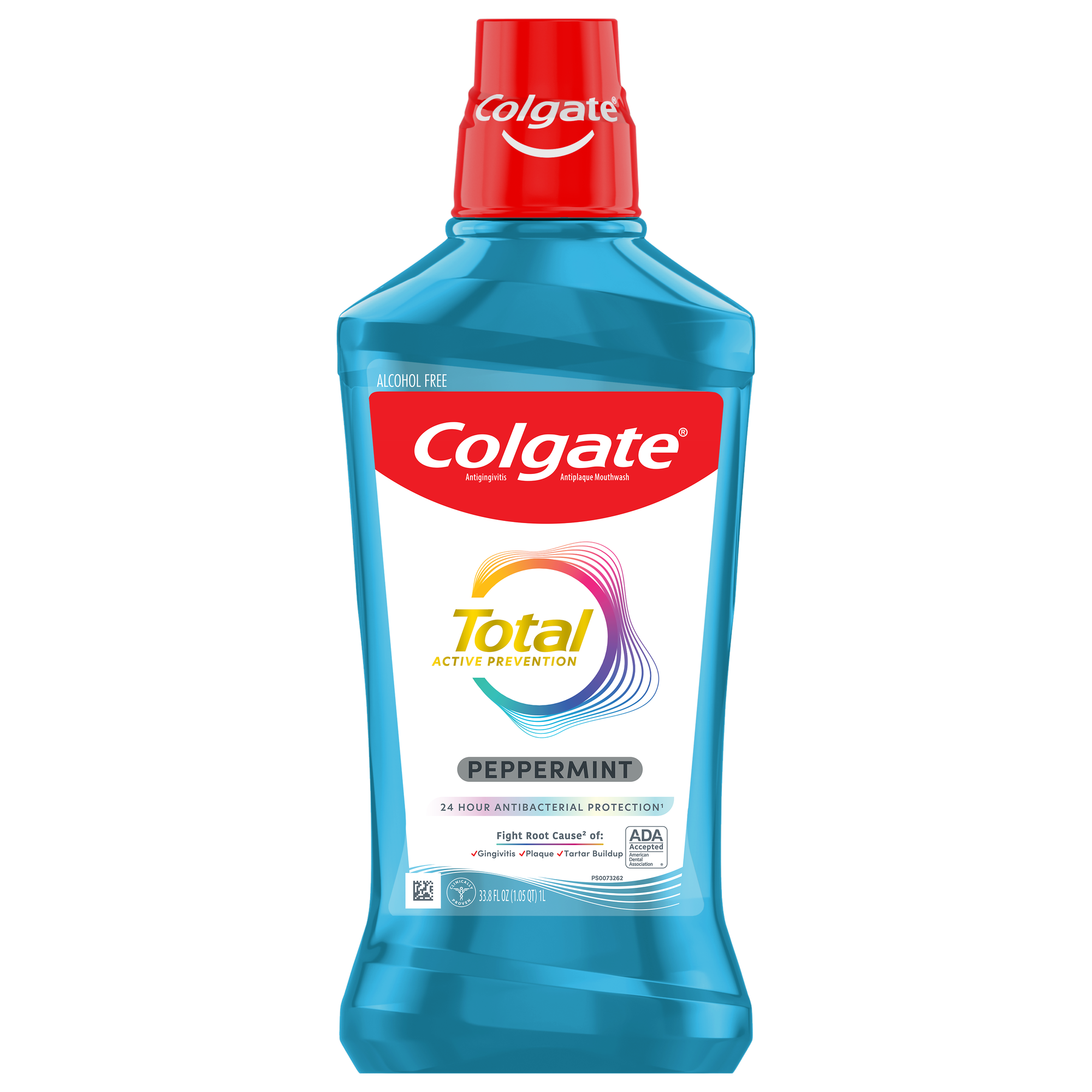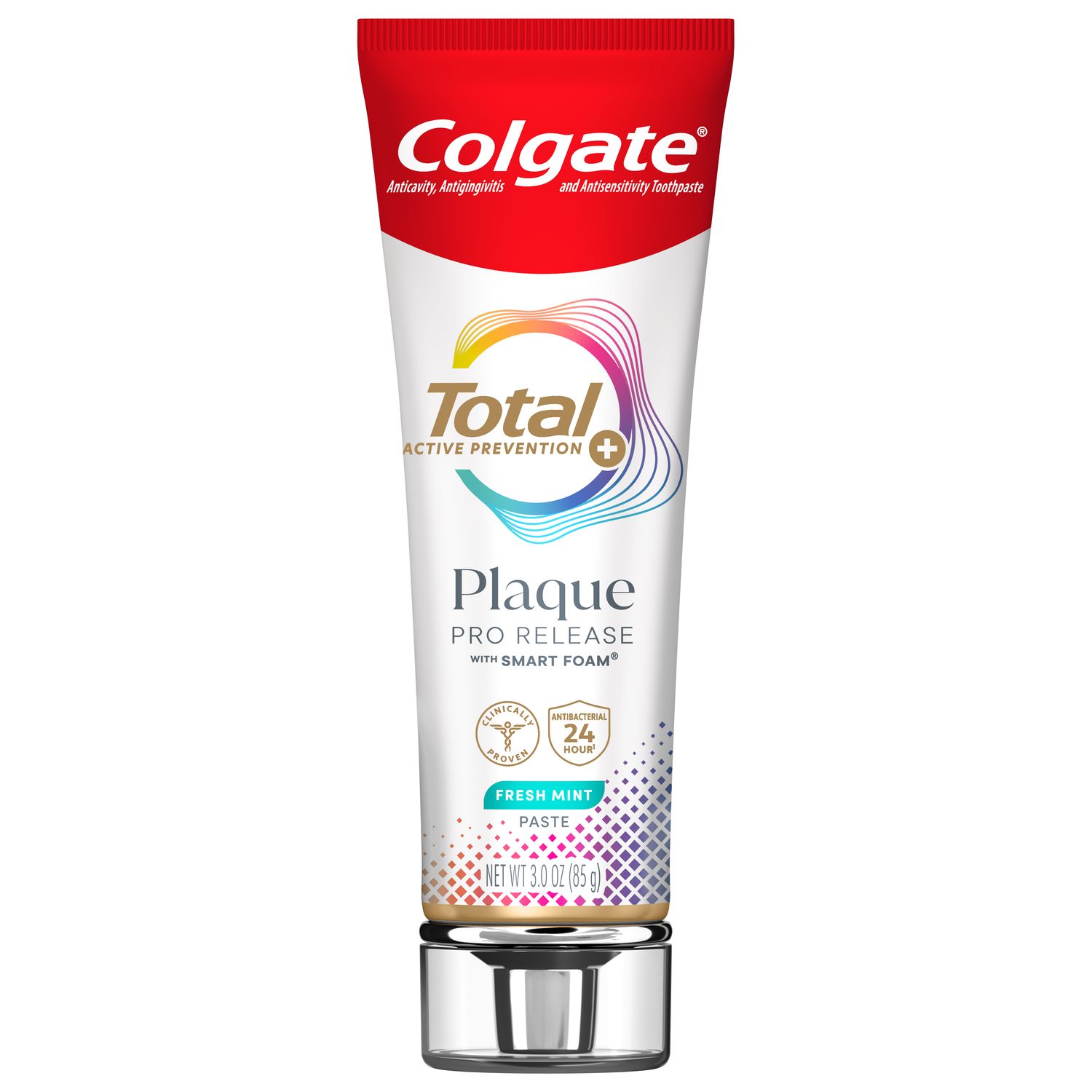
Burnout just means you're a little tired, doesn't it? That was what I thought a couple of years ago while packing my days full of work. But there were times when I'd have to call in sick because I didn't have the energy to get out of bed in the morning. There were weekends when I'd spend all Sunday napping in preparation for the upcoming week. After a few months of constant stress, I realized I needed a break.
What Is Dentist Burnout?
Work burnout is a state of overwhelming stress, where constant physical and mental exhaustion can lead to apathy and "growing cynicism and hostility," writes The British Psychological Society. While all professions have a risk of burnout, dentists may be at particularly high risk not only because of the mental stresses of the profession, but also due to the physical stresses on our bodies in day-to-day practice.
Ultimately, if we as clinicians are feeling run down and chronically stressed, it may impact the care we provide for our patients. Therefore, we have a responsibility to ourselves, our patients, our team members and our family and friends to manage our health and well-being to avoid dentist burnout.
The Signs of Burnout
What are the warning signs that you are or your colleague is burning out? Here are a few possibilities:
- Lack of regular meals or interruption in eating patterns
- Working late or through lunchtimes
- Running late due to lack of concentration
- Lack of social life or fulfilling hobbies
- Chronic tiredness or difficulty getting out of bed in the morning
- No longer enjoying work like you used to
Whatever the reason you entered dentistry, surely you want to safeguard your long-term career, enjoy life and provide quality patient care, right? So how can you prevent dentist burnout? Here are my top three tips.
1. Pencil Downtime Into Your Day
I try to have at least one evening a week to stop thinking about dentistry and do something else. This could be relaxing in front of the TV, reading a book or going to the gym. Make sure you also get a break in the middle of the day to "switch off" and have a dedicated lunch break. You can even go for a short walk or meditate in a break room for a few minutes.
Schedule longer breaks or holidays in advance every few months. A Finnish study published by the Journal of Happiness Studies calculates that study participants' health and well-being ratings peaked at eight days compared to longer vacations.
Even if you simply spend a few days off work at home, this time is invaluable to help you recharge. The quality of your days off may be more important than the quantity of the days you take off. You should also make time to spend with your family and non-dental friends, especially if you find yourself socializing with a lot of other dentists or colleagues.
2. Connect With Colleagues
Dentistry can be a lonely profession. It can't be emphasized enough that you should build your professional network not only for clinical support, but also for personal support. Find a mentor or schedule regular one-to-one talks with your line manager to discuss your practice. Just talking to someone can help you realize solutions that are right in front of your nose!
There are many online communities and professional organizations you can also be part of or even local dental professional groups on social media.
3. Stick to Your Schedule
Often, burnout can be the result of lack of discipline in how you divide your time. This could be letting work run into your downtime or even the opposite: letting social activities slip into work time.
When I first started working on the weekends, I didn't realize how my new schedule would impact my Friday nights. I would stay up late with friends, but then have to get up early for work the next day. As a result, I would return home exhausted and sleep-deprived. Now, I realize that committing to a good night's sleep is as important as keeping an appointment at work.
Schedule work and downtime activities and stick to them. Make yourself accountable in some way with a reward system for sticking to plans or by prearranging activities like fitness classes. By finding support from others and being aware of your habits, you can prevent work burnout and give your patients — and yourself — the best possible care.
Join us
Get resources, products and helpful information to give your patients a healthier future.
Join us
Get resources, products and helpful information to give your patients a healthier future.













